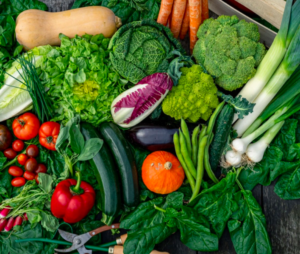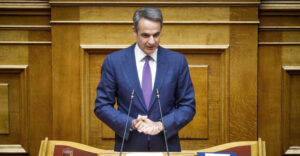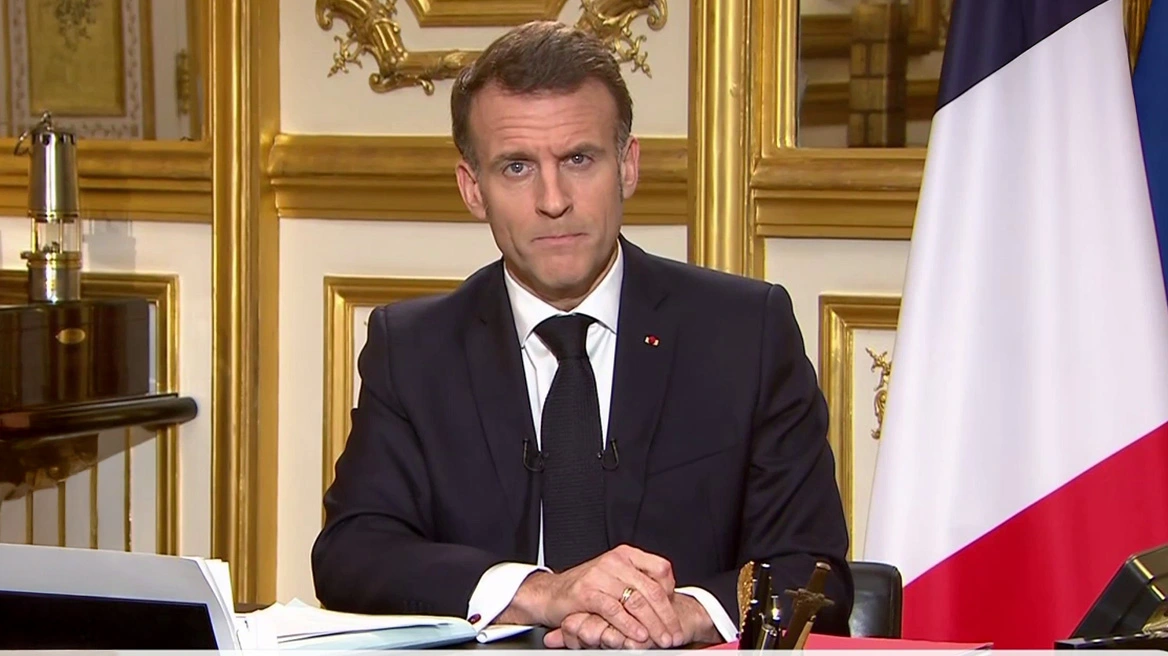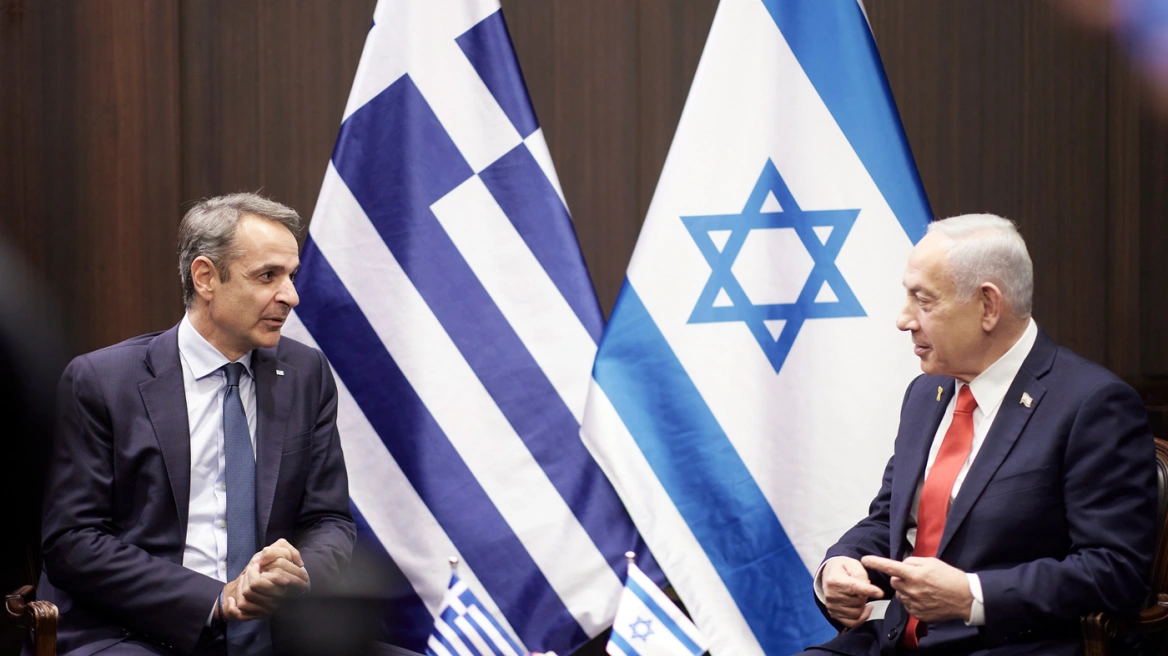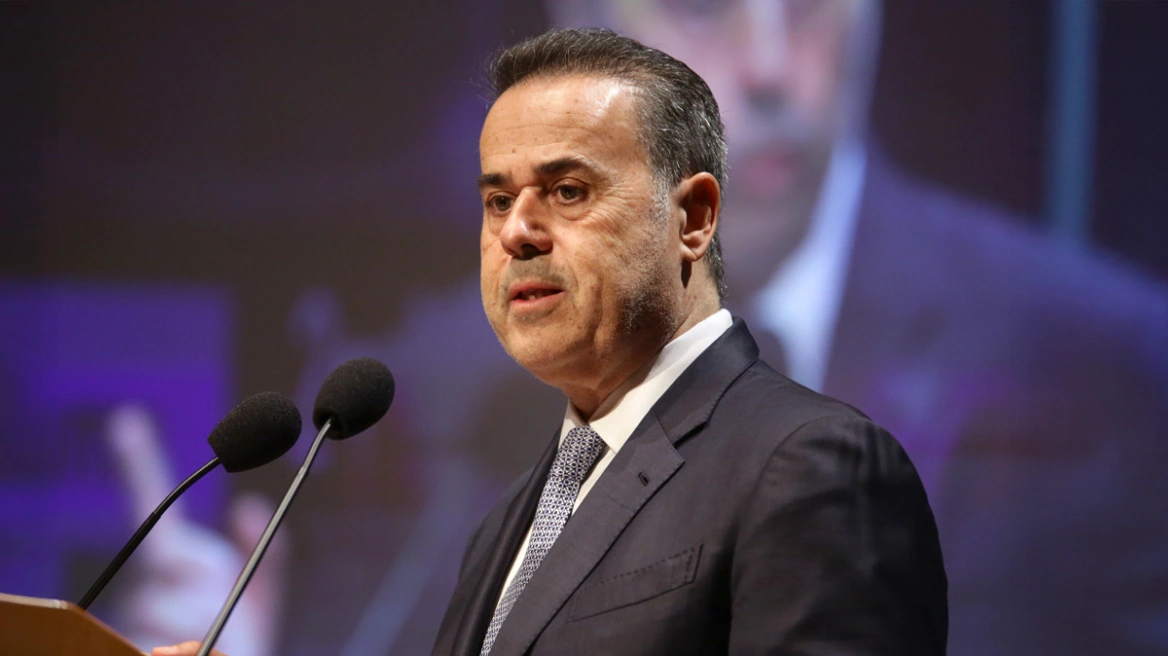A major environmental issue, with significant economic and social implications, is food waste found at all stages of the production and consumption chain. It causes 8% of the world’s greenhouse gas emissions and requires vast tracts of agricultural land to grow edible products that will never be eaten. According to WWF Greece, every year 1/3 of the food produced worldwide ends up in the trash, at the same time that millions of our fellow human beings are malnourished.
Significant economic and environmental benefits
In 2022, 2.05 million tons of food waste were produced in Greece, of which 18% concerns production, 18% processing, 7% retail, 11% catering, and 45% households (data from the European Commission). Although, as we can see, retail is a small part of the production of food waste, AB Vassilopoulos has committed to reducing its own footprint by 50% by 2025, with specific initiatives. Its goal is to limit as much as possible food waste from its operations, and at the same time to positively influence all stages of the food chain, from production to final consumption, to become a good example for everyone, citizens, suppliers, its staff, and take action to reduce waste nationally.
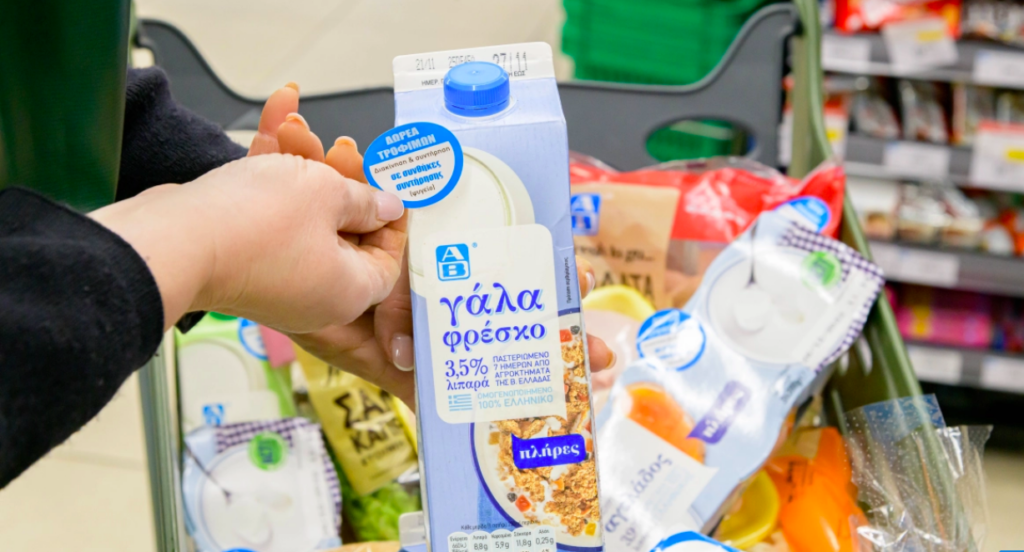
With the motto “by saving food, we can also save the environment” as a philosophy, and with WWF Greece as a co-traveler, it leads an effort with the aim of informing, educating, and mobilizing all the links of the supply chain, to adopt new habits, for the benefit of the environment and the financial budget of our household.
Guidelines for Responsible Consumption
Food waste is associated with people buying more than they need, misjudging the amount of servings they need, having incorrect food preservation and storage practices, and confusing the distinction between “use by” and “use by” ”, they find it difficult to perceive if a food has spoiled and have insufficient information about the importance of reducing food waste. AB Vassilopoulos has since 2021 embarked on an awareness journey around the problem of waste at every level (economic, environmental, and social) through thematic campaigns with informative material.
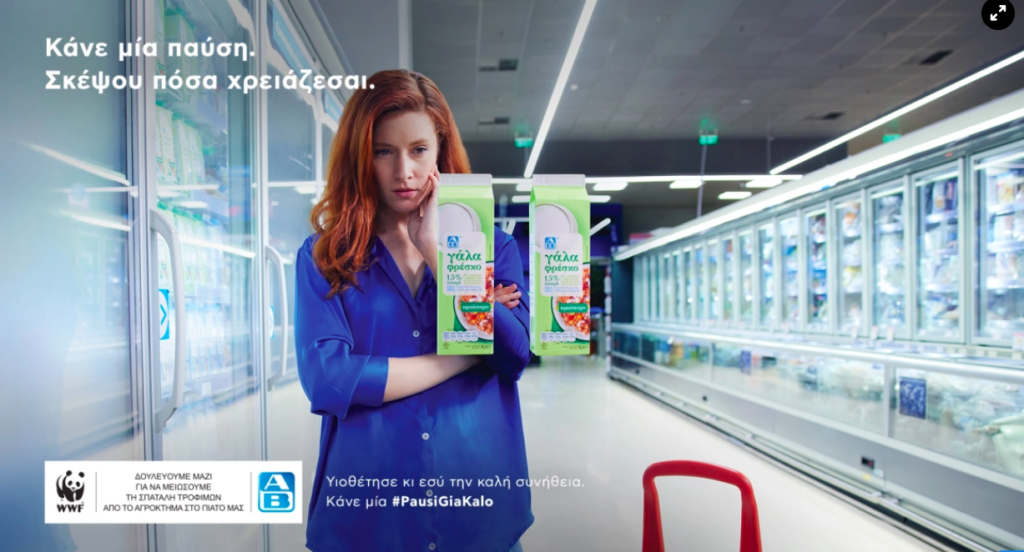
In 2024, he continues the campaigns through tip videos to reduce food waste in the household, advising all of us to take a “Pause for Good” before shopping to think about what we need, while at the same time inviting us to adopt good habits in our daily lives:
We shop according to a list we have prepared. Before visiting the supermarket we check the cupboards and the fridge to see exactly what we need and make a list so we don’t buy unnecessary products.
We take care of the organization. On the shelves of the refrigerator and cupboards at home, we put the ones that are going to expire soon so that they are consumed first and do not spoil, and the ones that we have recently bought further back.
We store food properly. We follow the instructions written on the package, put the food that we are not going to consume immediately in the freezer, clean and defrost regularly in the refrigerator, and keep the storage temperature between 2-4 degrees C. We keep the potatoes and onions in a dry and cool place part and make sure they are not exposed to light.

We consume responsibly. We cook and serve appropriate portions and do not throw away what is left but consume it in the evening or the next day. We use the leftovers to make delicious new recipes, like soups, sauces or pizza with whatever vegetables are left over and we make smoothies with whatever fruits are too ripe.

In essence, AB invites us to think that the planet is our home, and adopting a “green” behavior actually contributes to its protection. Reducing food waste is good for us, our fellow man, and the environment.
Learn more at www.ab.gr/responsible/meiosi-spatalis-trofimon
PartnershipRibbonAB_WWF
Ask me anything
Explore related questions
